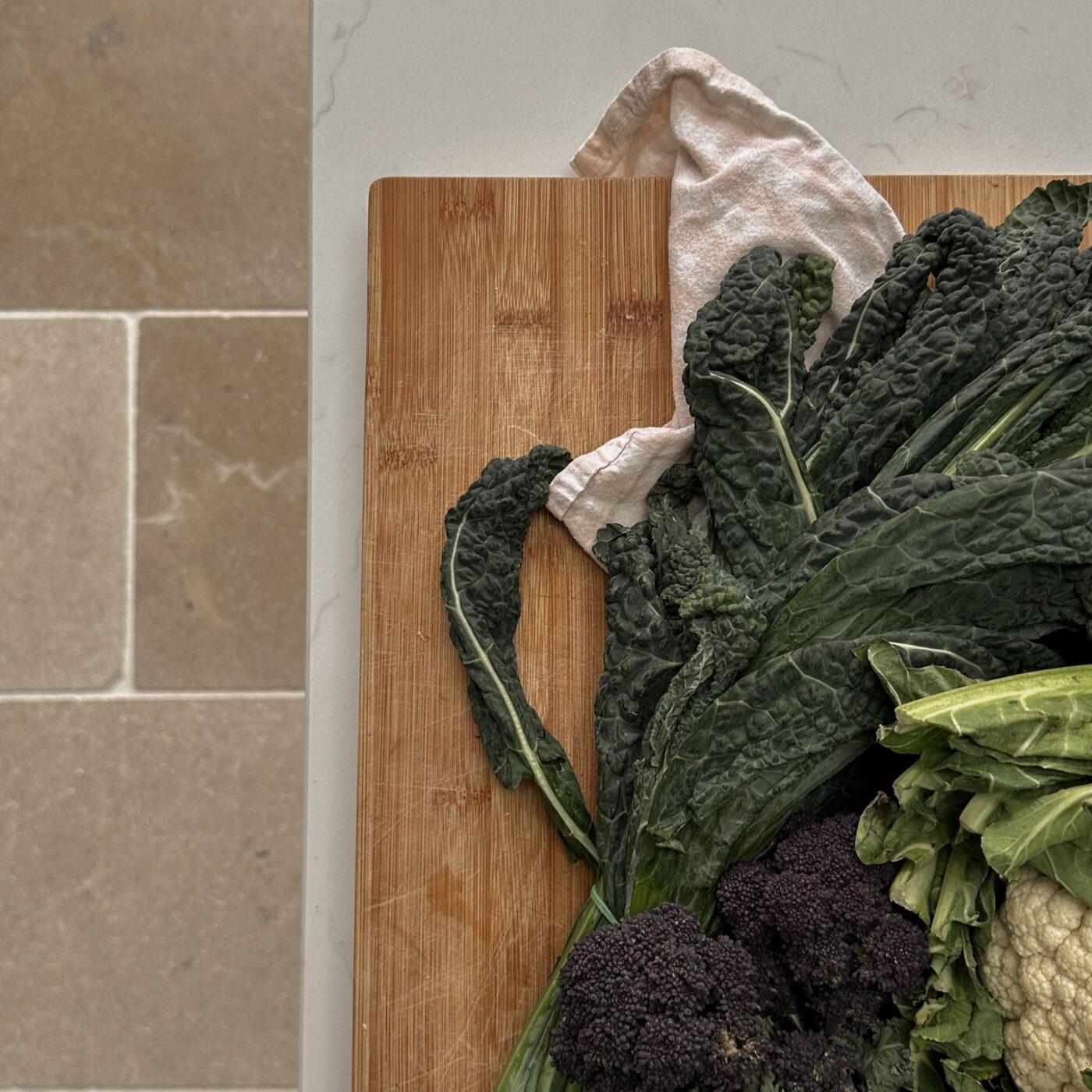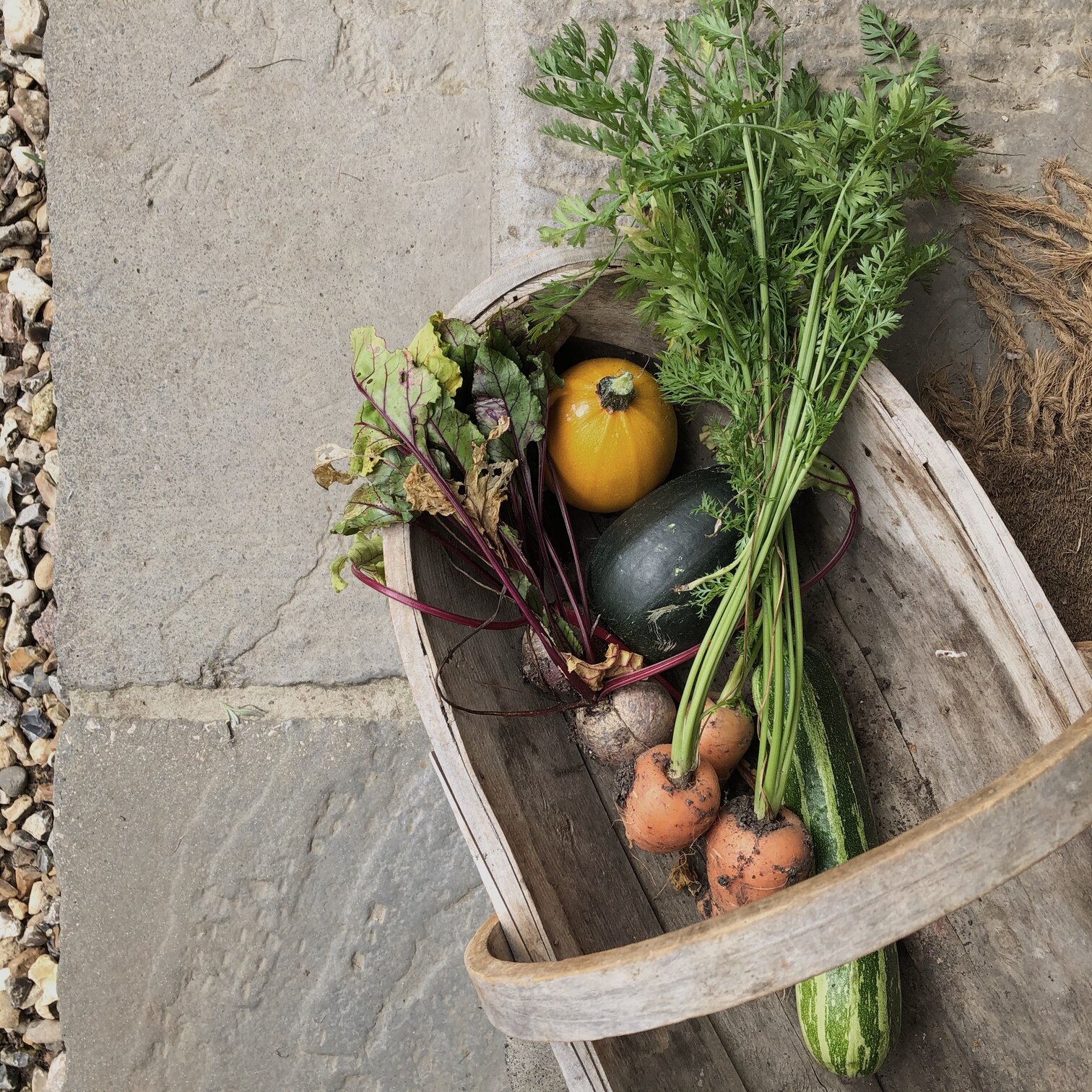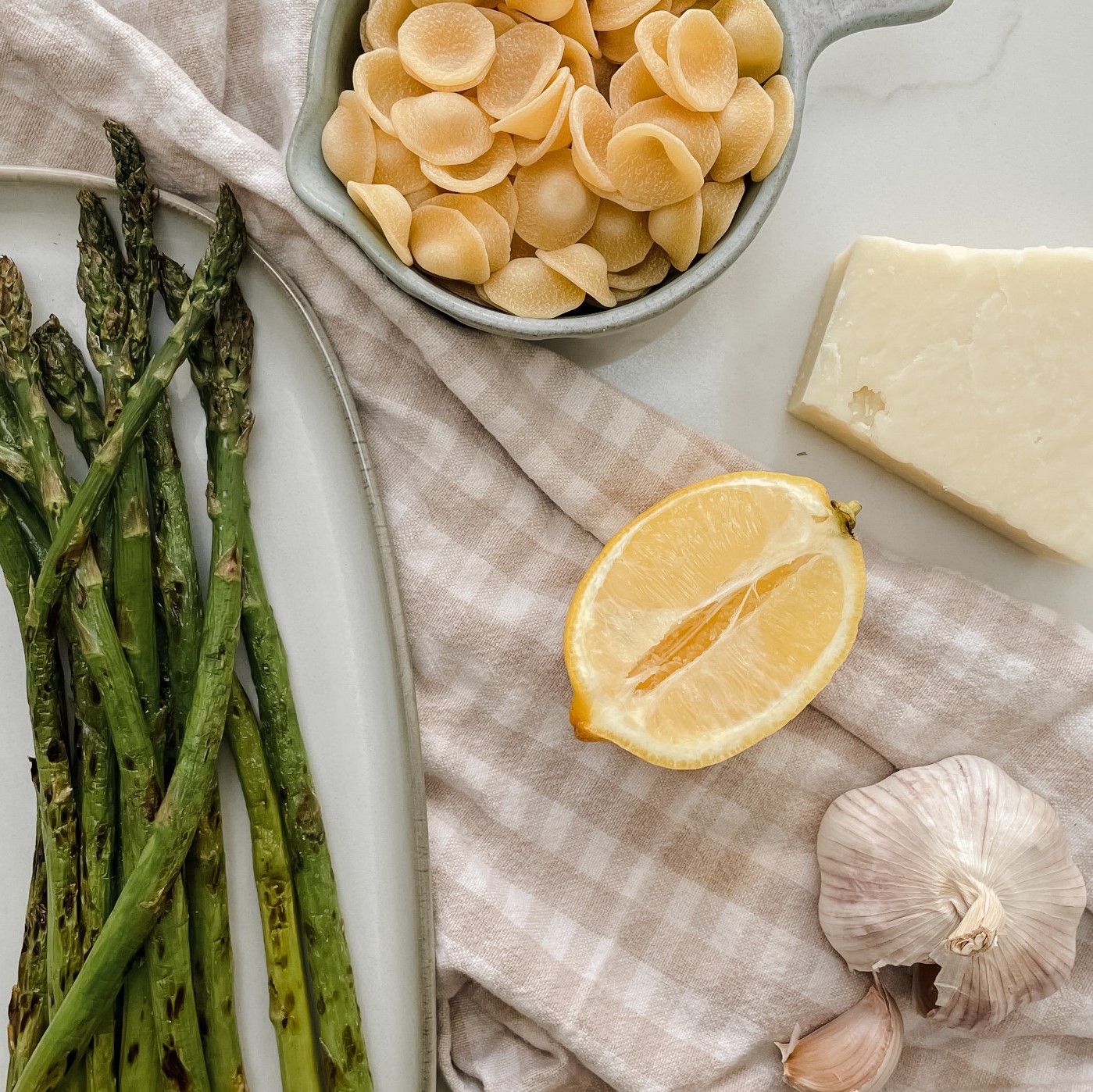You have no items in your cart. Want to get some nice things?
Go shopping
Stop Food Waste Day takes place on 24th April 2024
Around a third of all food produced for human consumption is either wasted or lost. Food waste is generally understood as food that is fit for human consumption which is discarded, perhaps because it passed its sell by date. However, food loss is also an important part of the food waste story. Food loss is referred to as the decrease in quality of food originally intended for us to eat. This can be due to inefficiencies in supply chains. Fresh produce that doesn’t meet quality standards, perhaps for being misshapen or marked, also often never makes it to our supermarkets.
In response to the environmental, social and economic impacts of food waste, Slow Food, the now international organisation which sparked the wider slow living movement, holds “the strong belief that the key to fighting food waste is to give food back the value that it deserves.”
“The key to fighting food waste is to give food back the value that it deserves.”
Slow Food
In the UK specifically, The Courtauld Commitment 2030 is a voluntary initiative which fosters cooperation across the whole food industry to achieve reductions in food waste, greenhouse gas (GHG) emissions, and water stress from farm-to-fork. The 2030 targets include:
- In 2015 the member countries of the UN signed The Sustainable Development Agenda which includes 17 goals to end poverty and protect the planet. Goal 12, Responsible Production and Consumption, sets out to halve per capita food waste from retail and consumers by 2030. This is measured against a 2007 baseline.
- Greenhouse has emissions associated with food and drink consumed in the UK are reduced by 50% against a 2015 baseline.
- Half of the UK’s of fresh food is sourced from areas with sustainable water management.
WRAP estimates food waste amounted to 10.7 million tonnes in the UK in 2021. By weight, household food waste makes up 60% of the total, on-farm food loss accounts for 15%, manufacturing for 13%, hospitality and food service for 10%, and retail for 2%. We’ve made progress since 2017, with WRAP reporting a 17% reduction in food thrown away per capita, but there’s still a long way to go. Of the 6.4 million tonnes thrown away by households, almost three quarters (74% of the total) is food we could have eaten (4.7 million tonnes).

How to reduce food waste
Stop Food Waste Day takes place on 24th April 2024 and is a great moment to reflect on how we can assign more value to the food we buy by seeking to use and store it efficiently.
What are we throwing away? WRAP reports that the top ten most thrown away foods include uncooked/fresh potatoes, meals (homemade and ready meals), bread, milk, poultry, mixed vegetables, cakes and desserts, pork, processed potato and lettuce and leafy salad.
1. Considered cooking
Make lists of meals to cook and the ingredients you need before going shopping. Always check what you’ve got in the fridge and cupboards, first. It sounds simple, but it helps prevent you buying more than you need which can only be good on the wallet, too.
Visiting zero waste shops is another great idea to not only buy just the quantities of ingredients you need (great for more unusual ingredients that tend to sit at the back of the cupboard), but also reduce your plastic packaging waste.
2. Check use-by dates
Best before dates are used to indicate when produce is generally at its best, whereas, use-by dates are to advise when the food goes off. Unless you plan to freeze it, only buy items which you can prepare before the use-by dates.
3. Love your leftovers
If you only need part of an ingredient in your recipe, plan ahead on how to use your leftovers. For fruits and vegetables that are on the edge, smoothies, soups and stocks can be a useful way to use them up. Or, if you have handfuls of kale, spinach or other leafy greens to use up, why not make a batch of pesto?
Fresh potatoes topped WRAP’s list as the most thrown away food item in the UK. This is at first surprising given their versatility, but later perhaps less so, when you consider that we tend to keep our spuds in the cupboard and not in the fridge. What else could you be making with your potatoes?
4. Keep things organised
Rotate your cupboards so older ingredients are always ready to be used first – this follows the FIFO, or ‘first in first out’ method. For example, that means putting the newest milk at the back of the fridge, and the oldest at the front within easy reach.
In addition, ensure you’re storing your fresh food correctly. For example, some fruits and vegetables release more ethylene gas than others which promotes ripening. This means that if you store your bananas, tomatoes, pears, avocados and green onions with ethylene-sensitive produce like apples, leafy greens, potatoes, peppers or berries, they may go off more quickly.
5. Vote with your time and money
Conscious consumerism means choosing to buy (or not to buy) certain items and products in order to influence brands and manufacturers to ultimately make a positive social or environmental impact.
Many misshapen fruits and vegetables are discarded before they reach supermarket shelves, despite being perfectly edible. While some supermarkets are noticing the demands to curb food waste and offering some wonky vegetables among their selection, food box companies, such as Oddbox, are saving fruit and vegetable ‘rejects’ and other surplus food and send it all straight to your door.
Other innovative brands seeking to tackle food waste by rescuing surplus ingredients for their products include Rubies in the Rubble, ChicP, Toast Ale and Dash Water. It’s also worth checking out the Olio app, a sharing app where you can list or pick up food and other items, or volunteer to rescue unsold food from local businesses to share it with those in the community who need it.

Learn more about the slow food movement
Read about the history of the slow food movement and how to support it today.

Discover the benefits of seasonal living
Read about what it means to live in pattern and pace with the seasons and the varied benefits this can bring.
